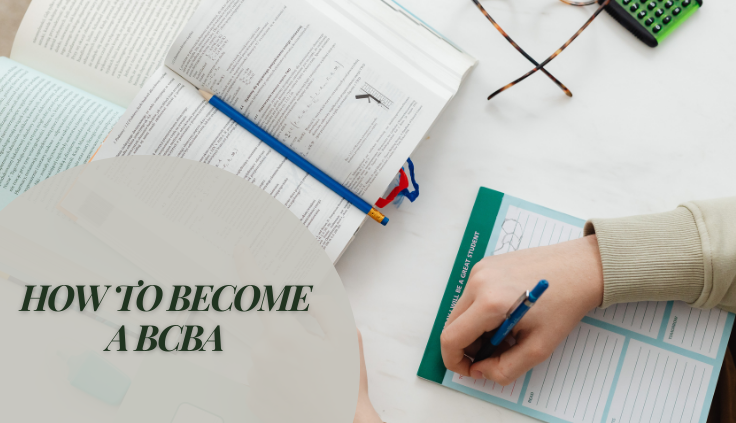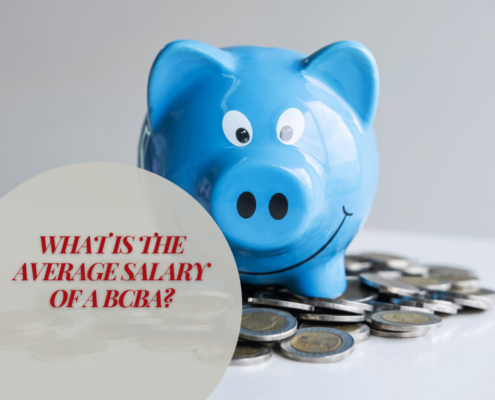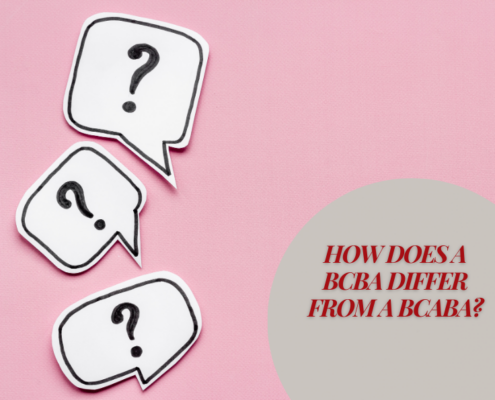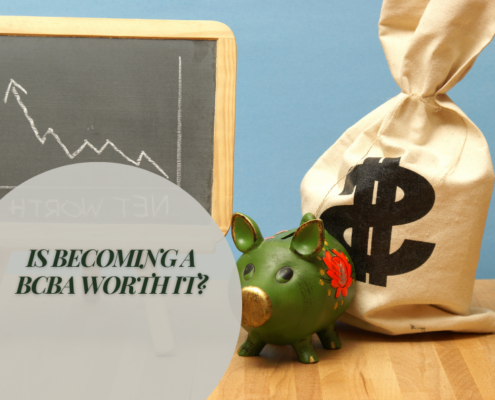How to Become a BCBA
A career as a Board Certified Behavior Analyst (BCBA) is a very rewarding one. BCBAs are tasked with overseeing treatment plans such as applied behavior analysis (ABA therapy) that help support a wide range of people, including children with autism spectrum disorder (ASD).
By earning the BCBA certification, which is provided through the Behavior Analyst Certification Board (BACB), you will be able to practice behavior analytic services, including ABA therapy, in support of individuals who need it.
Below, we provide an overview of what a BCBA is and how you can become one.
Learn more: How long does it take to become a BCBA
Table Of Contents
What is a BCBA?
A BCBA is a person who has obtained specific certification from the BACB that states they have the requisite knowledge and experience to work in the fields of ABA therapy and other related disciplines in a supervisory manner.
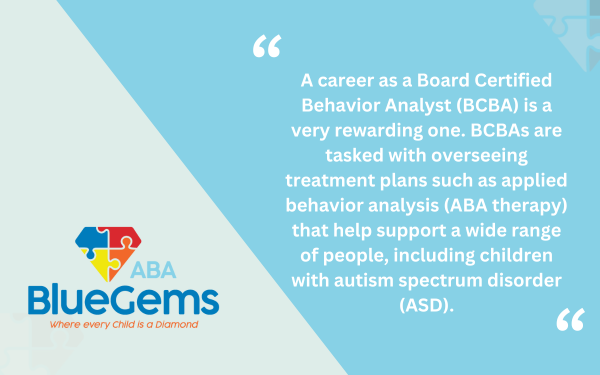
BCBAs will be able to provide a wide range of health services to patients directly, and they will also be able to supervise others who administer ABA therapy, such as Registered Behavior Technicians (RBTs) and Board Certified Assistant Behavior Analysts (BCaBAs).
The role of a BCBA is to create and oversee treatment plans for children on the autism spectrum and others. This involves initial assessments, designing treatment plans, monitoring the implementation of the plans, data collection and analysis and more.
What Education is Needed to Become a BCBA?
To obtain a BCBA certification, you need to obtain a master’s degree in a relevant field, such as applied behavior analysis. This obviously means you’ll need to obtain a bachelor’s degree first. While there is no direct requirement as to what your undergraduate degree needs to be in, many people choose to focus on related areas of study, such as psychology or education.
Your degrees and the fields of study they are in will ultimately determine your path forward as you seek BCBA certification.
Do BCBAs Need Additional Coursework?
The BACB has multiple pathways to receive BCBA certification, though some of those pathways will be eliminated in the coming years. For now, you have two options.
The first option is to get a master’s degree from a program that the Association for Behavior Analysis International (ABAI) has accredited. If you do this, you do not need additional coursework when you obtain this degree.
If your master’s degree is not from a program accredited by the ABAI, you’ll need to complete additional coursework through what’s called the Verified Course Sequence.
Do You Have to Work in the Field First Before Becoming a BCBA?
Before you can become a BCBA, you need to first complete supervised fieldwork. This will give you hands-on experience working in the field of ABA therapy so that you can learn the ins and outs of how to actually apply what you’ve learned to real-world scenarios.
Sometimes, you’ll be able to complete at least some of this supervised fieldwork while you’re obtaining your graduate degree. It’s also possible that you could get your graduate degree paid for — or at least obtain some financial help toward it — from your employer.
How many supervised fieldwork hours you’ll need depends on the type. It will be at least 1,500 hours, though, and can be as much as 2,000.
Do you Need to Pass a Test and Obtain a License to Be a BCBA?
Once you’ve completed the required supervised fieldwork hours, you’ll be eligible to take the formal BCBA exam. This will test you on the skills and knowledge you’ve obtained in your schooling and career thus far.
There are 160 questions in total, and the test gives everyone four hours to finish. The standardized test will cover topics such as experimental design, behavior-change procedures and basic skills in behavior analysis.
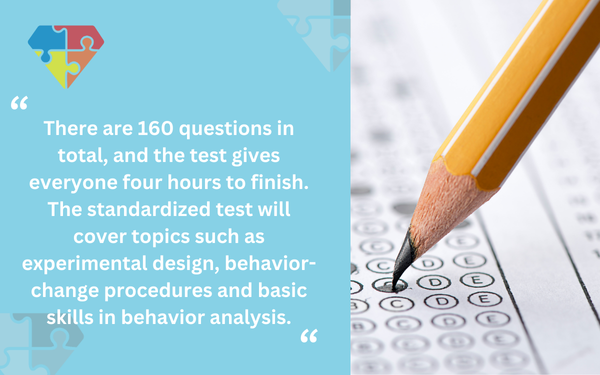
After you pass your exam, you’ll finally need to apply for and obtain a license from the state in which you want to practice as a BCBA. Most states will require BCBAs to hold a license, but it’s best to check with your state to figure out the exact requirements.
In future years, you’ll also need to maintain your license by completing any required ongoing education related to the field and ethics. Again, these requirements vary from state to state.
Blue Gems ABA Hires Experienced BCBAs
Becoming a BCBA is an involved and long process, but it’s well worth it for people who are passionate about this type of work. As a BCBA, you can contribute in a meaningful way to people who need your specialized skills and knowledge so they can live happy, healthy and independent lives.
At Blue Gems ABA, we have a large team of experienced and licensed BCBAs who administer ABA therapy on a one-to-one basis. In doing so, we help children with ASD build the communication, social and daily life skills with which they commonly struggle.
To learn more, please contact us today.

